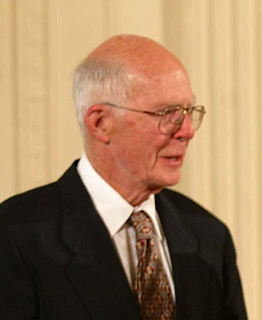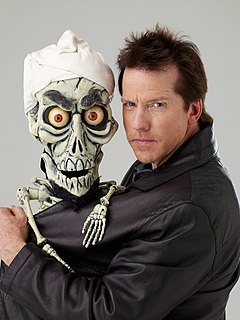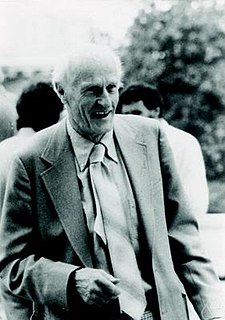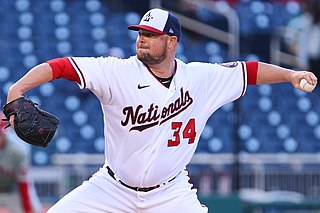A Quote by O. R. Melling
I was fortunate in that I attended university in Canada in the early 1970s when you could take a true liberal arts degree with no programmes, majors or minors.
Quote Topics
Related Quotes
I was educated in the Washington public schools and attended the University of Maryland as a day student, graduating in 1938 with a degree in chemistry. After working for the Dow Chemical Company in Midland, Michigan, for a year, I returned to the University of Maryland to take a Master's degree before going on to Yale to pursue a doctorate.
I majored in drama and theater arts at Columbia and was always in acting studio, but that was a liberal arts degree, not a bachelor of arts degree, so I didn't have a traditional conservatory training. There was a lot of reading and a lot of writing involved, and only about 30 percent of my classes were directly theater-related.
I personally think there's going to be a greater demand in 10 years for liberal arts majors than there were for programming majors and maybe even engineering, because when the data is all being spit out for you, options are being spit out for you, you need a different perspective in order to have a different view of the data.



































